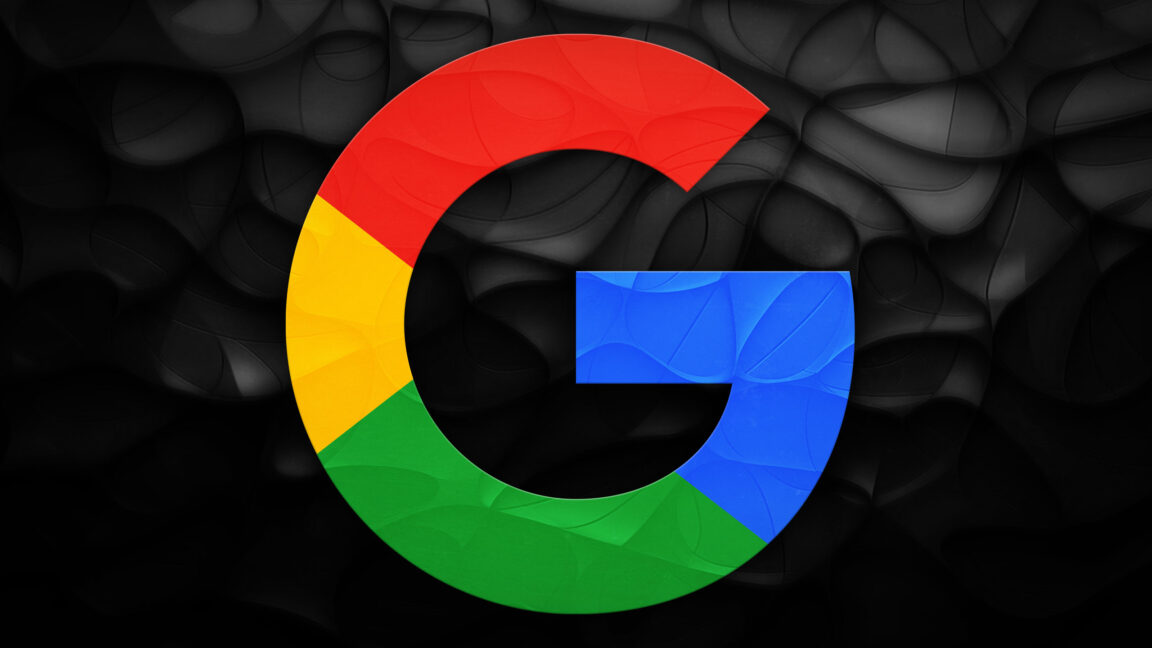
"Google objects to this characterization. A spokesperson calls it a "cherry-picked" line from the filing that has been misconstrued. Google's position is that the entire passage is referring to open-web advertising rather than the open web itself. "Investments in non-open web display advertising like connected TV and retail media are growing at the expense of those in open web display advertising," says Google."
"So, whether Google's wording in the filing is meant to address the web or advertising on the web may be a distinction without a difference. If ads on websites aren't making the big bucks, Google's incentives will undoubtedly change. While Google says its increasingly AI-first search experience is still consistently sending traffic to websites, it has not released data to show that."
Google maintains that the cited passage refers specifically to open-web advertising and notes that investments in non-open-web display advertising such as connected TV and retail media are growing at the expense of open-web display advertising. AI tool proliferation coincides with Google's claim that search-driven traffic to websites remains healthy while company earnings are high. Google operates heavily in mobile apps, with filings indicating in-app ads are the largest advertising growth sector. Time spent on non-social, non-video web content is stagnant or declining, reducing open-web display ad revenue and potentially altering Google's incentives to direct traffic to external sites.
Read at Ars Technica
Unable to calculate read time
Collection
[
|
...
]